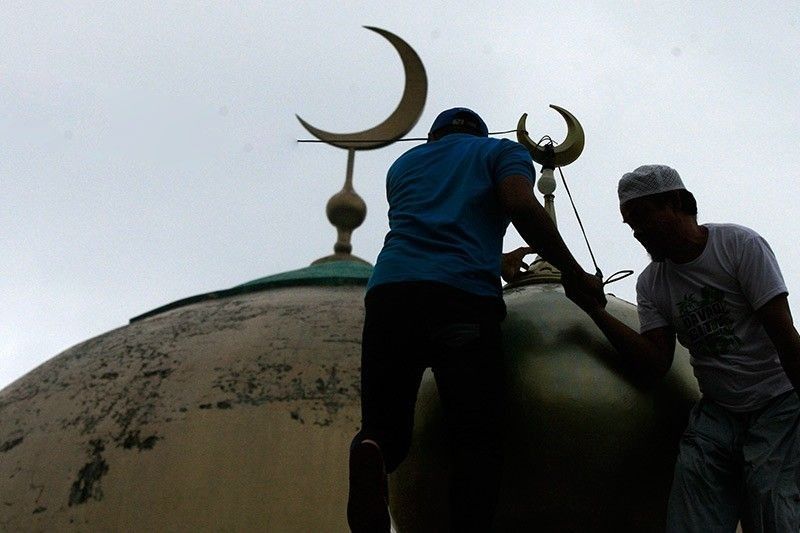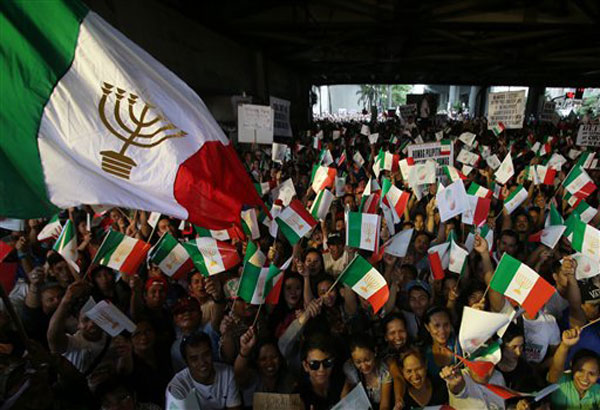BARMM to mark Eid'l Adha on Sunday

COTABATO CITY, Philippines — Muslims in the Bangsamoro region will celebrate Eid'l Adha on Sunday, August 11, ahead of the August 12 holiday declared by Malacañang.
Residents of Isabela City in Basilan will hold their Eid’l Adha congregational prayer at the parade ground of the Basilan National High School on Sunday as agreed by Islamic theologians and clerics from mosques in the city and in towns nearby.
The consensus was reached during a dialogue Thursday among Isabela City officials, representatives from the Basilan provincial government, Rep. Mujiv Hataman, members of the Basilan Ulama Supreme Council and officials of the Isabela City Madrasah Association.
Among those who attended the dialogue at the city hall of Isabela City were preachers led by Ustadz Alzad Sattar, a member of the Bangsamoro parliament.
"Security preparations are now underway for them to have a peaceful and solemn outdoor activity on August 11 in designated sites," Lamitan City Mayor Rose Furigay said Friday.
The Bangsamoro grand mufti (preacher), Abu Huraira Udasan, had said as early as August 2 that central Mindanao’s Muslim communities will commemorate Eid'l Adha on August 11.
Islamic missionaries in the Bangsamoro Autonomous Region in Muslim Mindanao adhere to directives from Udasan, who leads the region's Darul Iftah.
The Darul Iftah, or House of Opinions, is comprised of clerics who studied Islam in religious schools in the Middle East and North Africa.
BARMM covers the provinces of Maguindanao, Lanao del Sur, Basilan, Sulu and Tawi-Tawi, Cotabato City and more than 60 barangays in North Cotabato in Region 12.
Eid’l Adha is commemorated by Muslims annually to give honor to the willingness of Ibrahim (Abraham) to offer as a sacrifice his son as a test of his subservience to God.
As written, the supposed ritual was interrupted by an angel who replaced Ibraham’s child with a sacrificial ram.
Eid’l Adha and Eid’l Fitr are the two most important holidays in Islam.
The Eid’l Fit’r marks the culmination of the Ramadhan fasting season where Muslims fast from dawn to dusk for one lunar cycle, about 28 to 29 days, as an obligation and to learn the importance of self-restraint to achieve spiritual perfection.
- Latest
- Trending

































